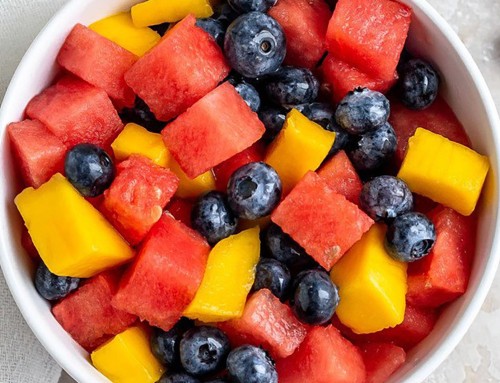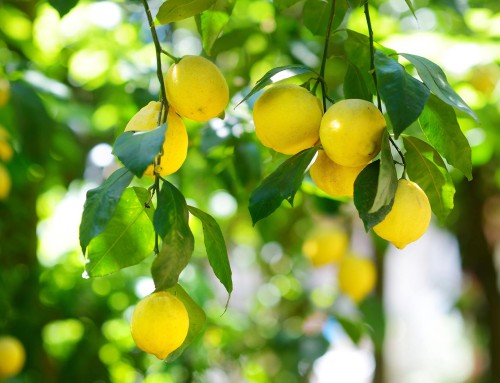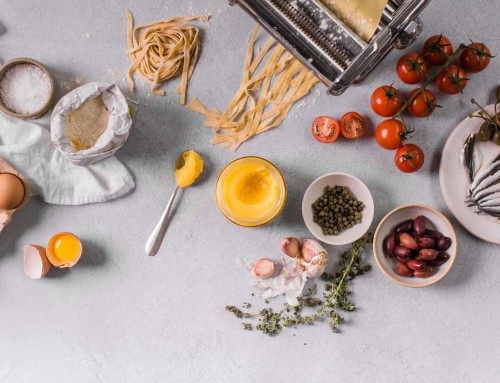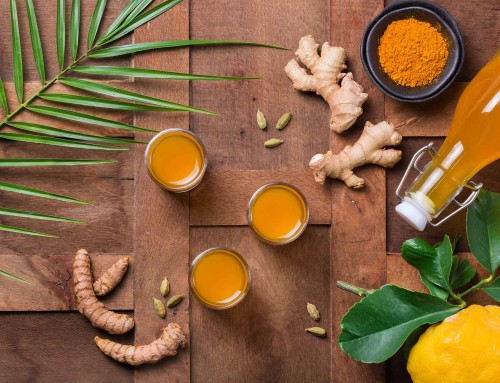New Study Suggests Triphala Has Prebiotic Properties
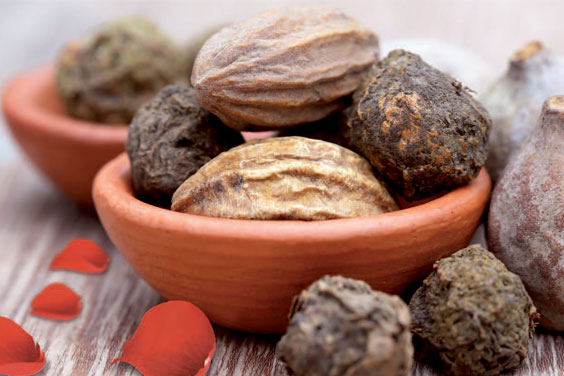
A recent study found that triphala promotes the growth of healthy bacteria like Bifidobacterium and lactobacillus acidophilus.
In addition to promoting friendly bacteria, this traditional Ayurvedic botanical also seemed to help inhibit the growth of unhealthy bacteria.
“There are so many positive studies on the pharmacological effects of triphala, but nobody’s ever thought about looking at Ayurvedic herbs like triphala from the point of view of how they affect the microbiome,” says Robert Keith Wallace, Ph.D., who—along with his wife and co-author Samantha Wallace—wrote Gut Crisis: How Diet, Probiotics, and Friendly Bacteria Help You Lose Weight and Heal Your Body and Mind. “That’s interesting, because the microbiome is where the seat of Vata is: in the large intestine. So if you can do something to positively affect the microbiome, you’re affecting all types of Vata imbalances.”
It’s a whole new way of looking at triphala.
We all carry within us a host of “good” bacteria in our large intestines; this colony is known as your microbiome. Prebiotics help to create the right composition of friendly bacteria in your microbiome—a crucial factor in your overall health and wellbeing, says Wallace.
“Your gut bacteria have a huge effect on the body,” says Wallace. “They’re like another organ that’s modulating balance in the body. Your gut bacteria can affect agni [digestive fire] and ama [accumulated toxins]. They can repair a leaky gut and help ensure undigested food doesn’t get into your bloodstream. They can actually improve the performance of the enzymes in your intestines.”

Triphala
Triphala is a traditional Ayurvedic formula made from three Indian fruits: Amalaki, Bibhitaki, and Haritaki.
From an Ayurvedic perspective, these fruits are unusual in that they are tridoshic, balancing all three doshas. They’re also detoxifiers that aid in digestion and microbiome health. In today’s world, that’s more important than ever, Wallace says.
“These days, our microbiomes have been disrupted by antibiotics and other medicines, by different kinds of processed foods, environmental pollutants, and things like that,” he says. “We’ve caused the problems in the ecology. Think of your microbiome as being somewhat like the soil on a farm: if you put a lot of pesticides into the soil, you’re basically killing all of the bacteria, good and bad.”
So how do you replenish your microbiome? Here’s where triphala comes in.
“To get the soil on a farm back to normal again, you just have to feed it good compost. Well, it’s the same thing with your microbiome. You need to replenish it with foods that help to restore the composition of the bacteria in a more natural way. A herb like triphala, which contains three fruits, may be just what that soil or that internal environment in the gut needs to get back to normal, this new research suggests.”
If you feel that your gut health is a bit off (you’re feeling bloated or having other digestive upsets), your first impulse might be to take some acidophilus to replenish your good bacteria. But according to Wallace, while probiotics can be helpful, prebiotics are an integral part of the equation too.
Prebiotics Pave the Way for Probiotics
“Probiotics work to some extent, but they’re pretty simplistic. You have around 1,000 types of bacteria in your gut, and with a probiotics pill you’re just adding one, maybe two, maybe 30 different types of bacteria to the mix. It’s complicated and not a very well-understood science. What’s important is establishing the conditions that allow bacteria to grow in the first place, which is why prebiotics are so important.”
The Value of a Rest & Repair Diet
Before turning to prebiotics, though, you might want to follow what Wallace refers to as a Rest & Repair diet in Gut Crisis.
“If you have a farm that’s had a lot of pesticides put into its soil and you want it to be organic again, you basically have to do nothing to the soil for a period of time before it can be certified,” he says. “Just like that, your body needs a rest and repair period too. It’s like a traditional Ayurveda spring detox: for a few weeks, you eliminate certain foods that are hard to digest so your body doesn’t have to work so hard. You eliminate wheat, dairy, deep-fried foods, and sugary desserts, and favor lighter foods like kitchari to give your gut a chance again to restore itself.”
At the same time, you can add triphala to your daily regimen to help prime your gut to receive the benefits of probiotics, says Wallace.
“Triphala is such a gentle formula that almost everyone can take it,” he says. “It has many benefits for the microbiome. It’s an antioxidant, and it tones and supports the large intestine to improve absorption of nutrients. It just has so many benefits. That’s why I think spices and herbs are going to be the future for the microbiome.
“At first analysis you might think Ayurveda’s a little behind in what it can do for prebiotics and probiotics. So many traditions have fermented, prebiotic foods like kombucha, but generally Ayurveda doesn’t recommend fermented foods. Lassi is a probiotic, which strictly speaking is not fermented, and it is important to take it as fresh as possible (and not before bed). But then, if you perceive all the Ayurvedic herbs and spices as prebiotics that can actually improve the composition of the microbiome, improving beneficial and destroying harmful, that becomes very meaningful.”
Although this new research was not done specifically on vpk by Maharishi Ayurveda’s formula of Triphala, we are heartened by the findings of this promising study. We’d also like to add that our Triphala formula contains one additional ingredient, Cabbage Rose, which has a cooling effect, supports long-term use of triphala, and supports the synergy of the three fruits.
Disclaimer: The sole purpose of these articles is to provide information about the tradition of ayurveda. This information is not intended for use in the diagnosis, treatment, cure or prevention of any disease. If you have any serious acute or chronic health concern, please consult a trained health professional who can fully assess your needs and address them effectively. If you are seeking the medical advice of a trained ayurvedic expert, call or e-mail us for the number of a physician in your area. Check with your doctor before taking herbs or using essential oils when pregnant or nursing.
Article reproduced by kind permission from: vpk® by Maharishi Ayurveda on July 12, 2018.



